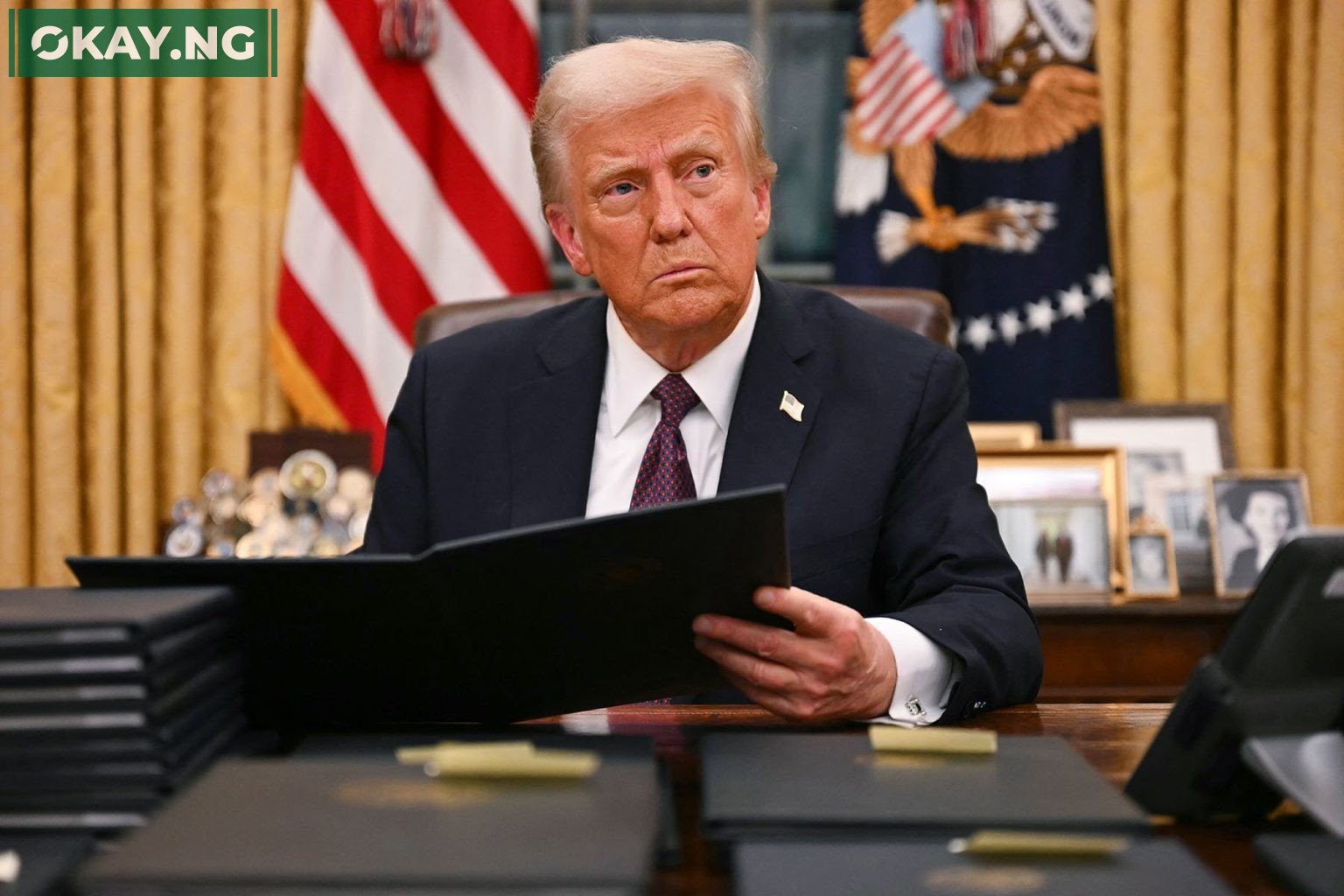A sobering report from SB Morgen Intelligence reveals that former U.S. President Donald Trump energy policy could severely destabilize Nigeria’s economy, threatening the fiscal foundation of Africa’s largest oil producer.
The comprehensive analysis, titled “The Ripple Effect: How Trump’s Policies will Impact Africa,” warns that Nigeria’s ambitious $75-per-barrel oil price target for its 2025 budget faces significant headwinds amid Trump’s “Drill, baby, drill” strategy.
“The implications for Nigeria are particularly concerning,” says a senior economist at SB Morgen Intelligence. “With 90% of national revenue tied to oil exports, Trump’s pledge to flood global markets with American oil creates an unprecedented vulnerability in Nigeria’s financial architecture.”
The potential impact extends far beyond immediate revenue concerns. According to Cardinalstone, a leading investment firm, Nigeria’s debt burden is projected to reach a staggering N187 trillion this year. This fiscal pressure could intensify if oil prices decline, forcing the government to seek additional borrowing at higher interest rates.
Read Also;
Trump Signs Order to Pull US Out of WHO
“We’re looking at a potential perfect storm,” warns a financial analyst at Cardinalstone. “Lower oil revenues combined with increased borrowing costs could create a devastating cycle of fiscal instability.”
The report highlights several critical areas of concern:
– Budget Sustainability: The 2025 national budget’s reliance on optimistic oil price projections appears increasingly precarious
– Public Services: Essential government services, including public sector wages and social programs, face potential funding cuts
– Economic Inequality: Poorer states might experience disproportionate impacts from reduced federal allocations
– Debt Servicing: Higher borrowing costs could strain Nigeria’s ability to meet existing financial obligations
The ripple effects of Trump’s energy policy could extend beyond the oil sector, potentially triggering broader economic challenges. “When oil revenues decline, the impact reverberates through every sector of the Nigerian economy,” the SBM Intel report emphasizes.
Read Also:
Nigeria to Spearhead African Oil Production Surge in 2025 – AEC Outlook
International energy experts suggest that Nigeria must accelerate economic diversification efforts to reduce its vulnerability to external oil market pressures. This situation underscores the urgent need for structural reforms in Africa’s largest economy.
As global energy markets brace for potential upheaval, Nigeria’s economic planners face the challenging task of navigating these uncertainties while maintaining fiscal stability and protecting vital social programs.







